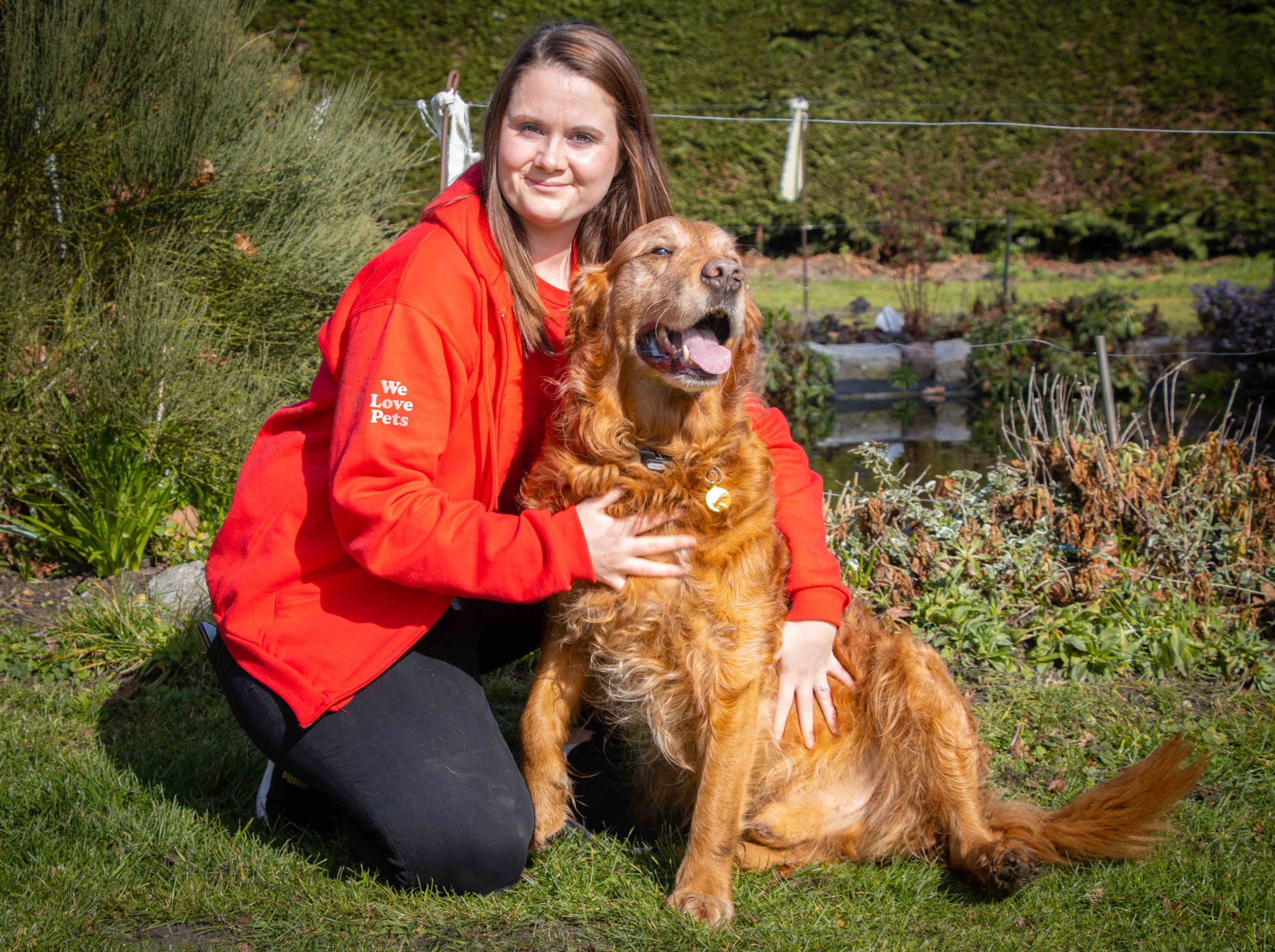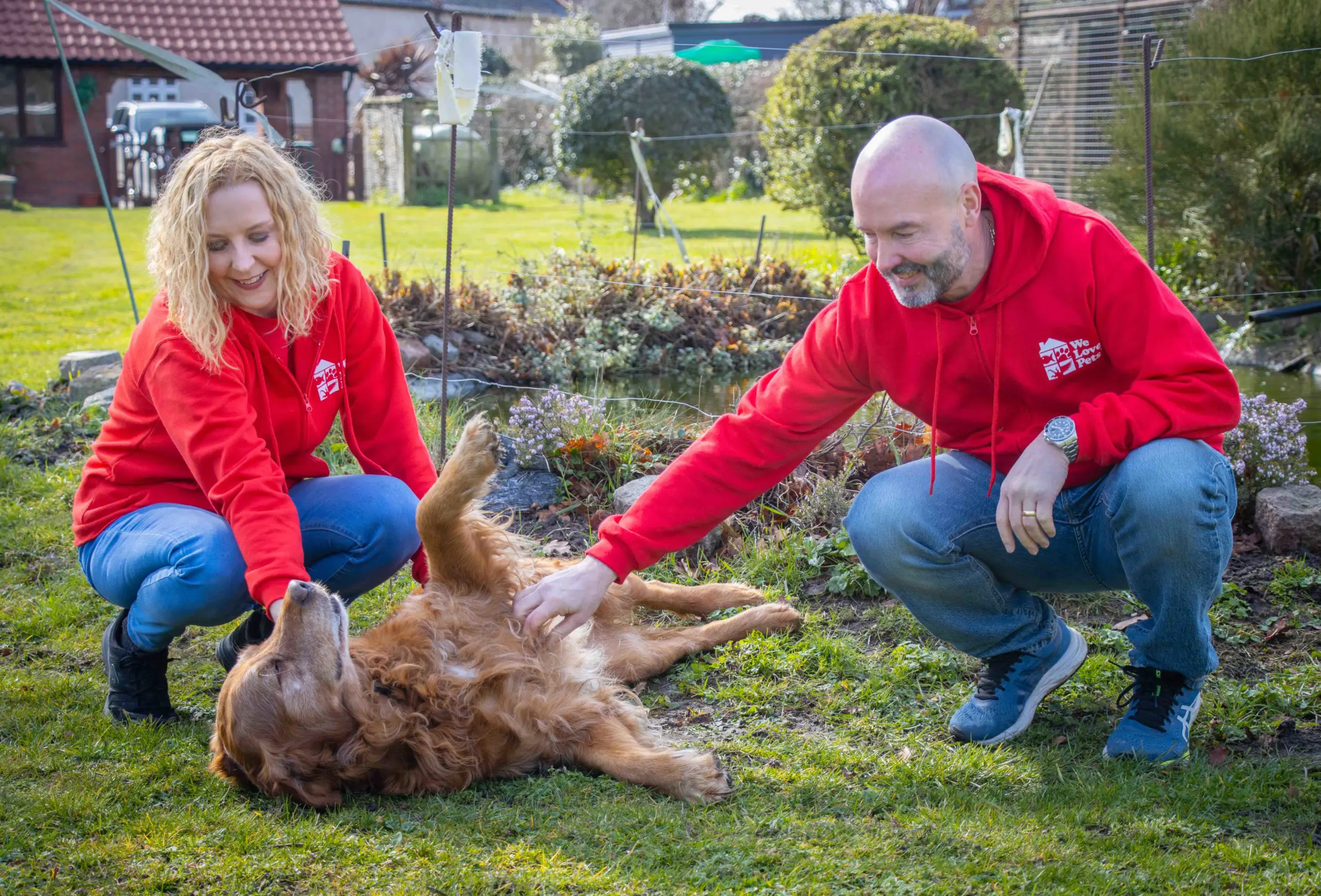Chip Your Pet Month – what’s a microchip?
The month of May is recognised as “Chip Your Pet Month,” to help bring awareness to the benefits of microchipping your pet. Microchips are tiny computer chips that are implanted underneath your pet’s skin, and each one has a unique number. These numbers are recorded and stored in a pet database, and when scanned the registered chips can be identified. Statistics show that pets with a microchip have a much higher chance of being reunited with their families if lost!
My pet’s missing – what do I do?
And, while losing a pet is a topic that no pet owner wants to think about, sometimes the unimaginable happens. If your beloved fur friend goes missing, here are some top tips on what you can do to help get them back home.
- Retrace your steps and ask anyone you see if they have seen or heard anything. If you have travelled by car, check the carpark.
- If your pet has been microchipped, contact your local vet and animal shelters to alert them that your pet is missing and has been chipped. See if your dog has been brought in and give them your details in case he/she arrives at a later time.
- Then make sure that your contact details are correct on your pet’s microchip, and report your pet missing to the microchip database.
- Check social media for any posts in the area that might be linked, for example suspicious activity in the area, or loose dogs, and then use it to get the word out about your dog so that people know to keep an eye out for him or her. If possible, ask family, friends, local dog walkers and local groups to share the posts to get the word out to a bigger audience.
- Contact your local Dog Warden and if you are near another councils area be sure to contact theirs too. You can find their contact details on your local council’s website, many local authorities also have a social media page you can contact.
- Add your pet to the lost dog register online so that they can help get the word out.
- Contact local dog walkers, like We Love Pets to further widen the search.
- Put up posters in local businesses, libraries, supermarkets, newsagents, etc. Many pet insurance companies will help you with this and offer a reward for safe return.
- Ask neighbours to check garages, sheds and other buildings.
- Visit places where you regularly walk with your dog.
- If there are building works nearby, ask the workmen to check the site and keep an eye out.
- Check your local area and if you have recently moved house, it’s also worth checking around your previous address.




